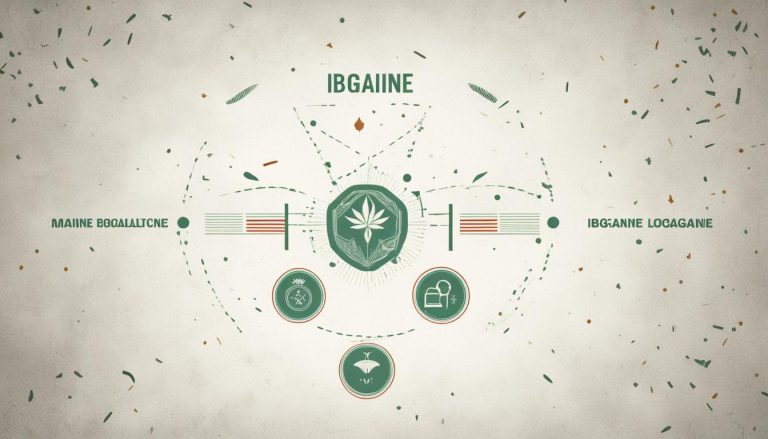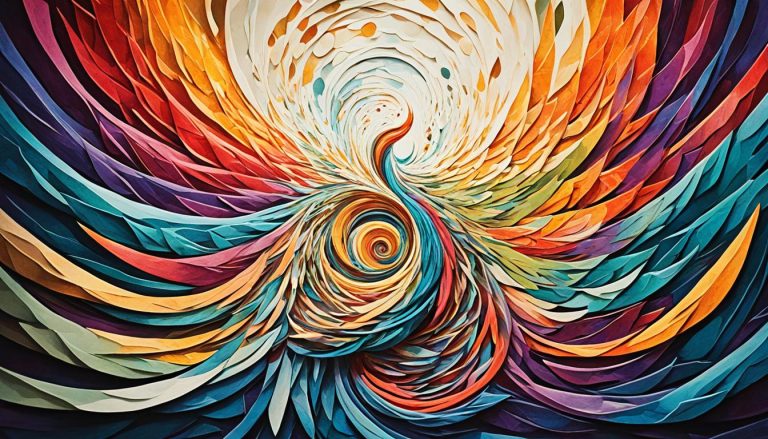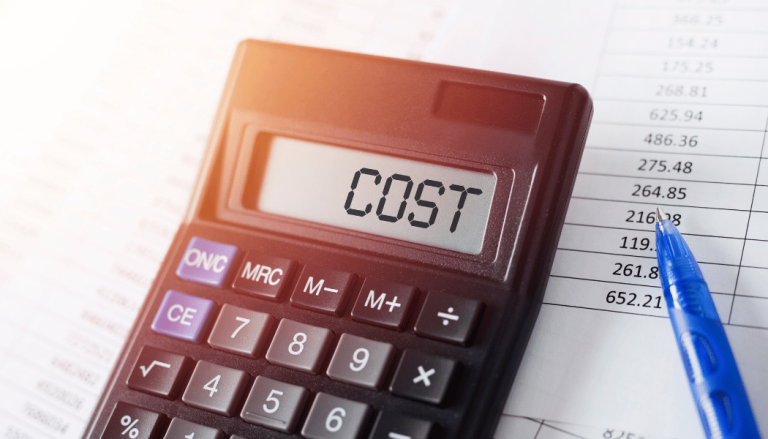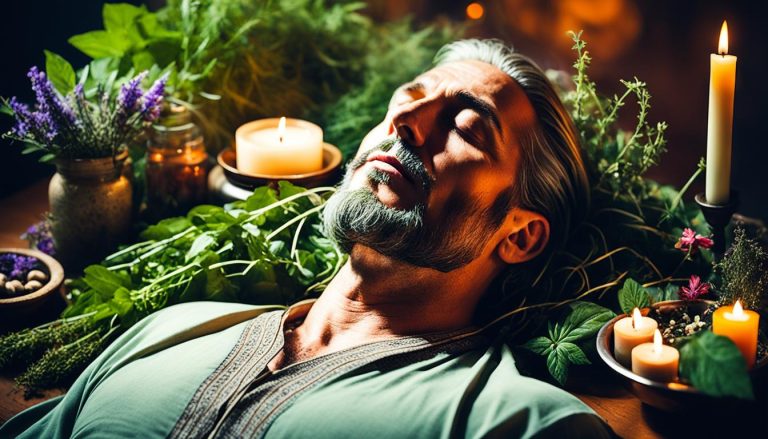Should Ibogaine Be Legal?
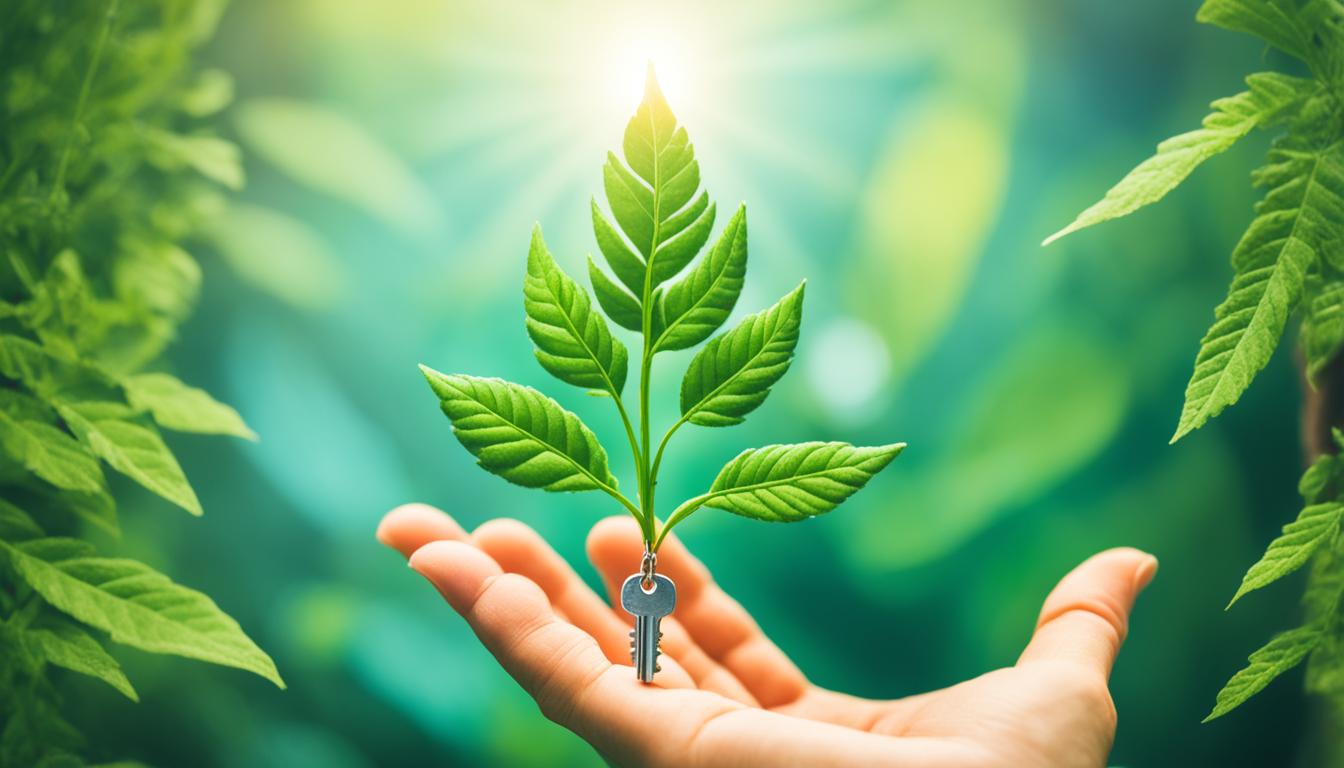
The debate on making ibogaine legal is complex. It comes from the iboga plant and is known for its use in treating addiction and for psychedelic therapy. Supporters believe it could change how we deal with substance abuse. Opponents worry about the risks and ethical issues. We will look at the medical, ethical, and legal sides of this debate.
Ibogaine has been used by West African cultures for a long time. Its potential in Western medicine for addiction treatment is now being considered. With stories and early studies showing its effects, we explore if it should be an option in the U.S. This article aims to offer a fair view on the benefits and drawbacks of legalization.
Key Takeaways
- Ibogaine comes from the iboga plant and is looked at for addiction treatment and psychedelic therapy.
- It might help reduce drug use and support recovery from addiction.
- Looking at ibogaine from medical, ethical, and legal views gives a full picture of its legalization.
- Debates on its safety and acceptance in the medical field are major challenges.
- Its long use by indigenous cultures adds important context to the legalization debate.
The History and Cultural Significance of Ibogaine
Ibogaine has a deep history in ancient traditions. It’s especially valued in West Africa’s indigenous communities. This section explores ibogaine from its sacred beginnings to its role in today’s plant-based medicine. We also look at its legal discussions.
Indigenous Use of Iboga Root
For centuries, West Africa’s medicine people have used iboga root. It plays a big part in their rituals and healing. This root is known for its mind-changing powers. It helps in spiritual growth and during special ceremonies.
The Discovery and Western Interest in Ibogaine
In the mid-20th century, the West got interested in ibogaine. Scientists saw its value in plant-based healing. The discovery led to more research. People were curious about how it could help, especially with addiction.
Ibogaine in Modern Culture
Now, ibogaine is known well beyond science. It’s in the media and used in alternative therapy. This shows how people are both interested and divided over its benefits. The laws about iboga root are still changing, thanks to new research and its potential as a healing plant.
| Era | Event | Impact |
|---|---|---|
| Pre-Colonial | Indigenous use of iboga root | Spiritual and medicinal applications in rituals |
| 20th Century | Discovery by Western scientists | Increased research and interest in therapeutic uses |
| Modern Day | Integration into alternative medicine | Ongoing debates on iboga root legality and applications |
Understanding Ibogaine: What It Is and How It Works
Ibogaine comes from the root bark of the African shrub called Tabernanthe iboga. It’s drawing attention for possibly helping with addiction. Scientists are looking into it more and more.

What Is Ibogaine?
Under the law, ibogaine is a controlled substance because it changes how people see and feel things. Originally, tribes in Africa used it for spiritual and healing ceremonies. Now, it’s being considered for treating addictions in new ways.
The Science Behind Ibogaine
Ibogaine affects the brain by working with certain brain chemicals like serotonin and dopamine. It seems to fix brain connections harmed by addiction. Studies hint that it might lessen withdrawal symptoms and the urge to use drugs, which is hopeful news under the current rules on ibogaine.
Potential Benefits of Ibogaine
Ibogaine seems to help with addiction treatment in many ways. Some people say one dose helped them face less withdrawal pain from drugs like opioids and alcohol. It seems to work in a unique way that could change how we treat addiction and possibly influence drug policy.
A closer look at the therapeutic promise of ibogaine:
| Benefit | Evidence |
|---|---|
| Reduction in Withdrawals | Patient testimonials and initial studies |
| Cravings Decrease | Preliminary clinical trials |
| Long-term Sobriety | Anecdotal evidence and longitudinal studies |
Ibogaine and Addiction Treatment
Ibogaine is changing how we treat addiction but it’s also under debate. It stands out among psychedelic therapy choices. It’s known for resetting the brain’s addiction pathways.
How Ibogaine Is Used in Addiction Treatment
Ibogaine treatment happens in a safe setting. Doctors and patients work together through the deep, thoughtful experience. First, patients are carefully checked. Then, they get a high dose of ibogaine. This can last up to 36 hours. It helps lessen withdrawal symptoms and cravings, helping those with opioid addictions the most.
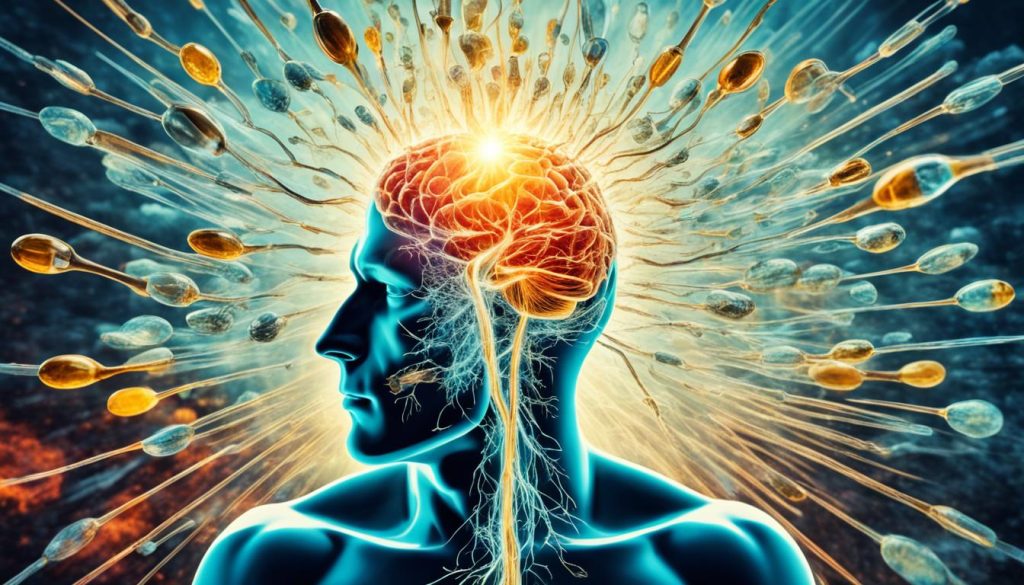
Success Stories and Research Studies
Many stories and studies support ibogaine’s effectiveness. For example, a study in the Journal of Psychedelic Studies reported a big drop in cravings for 85% of participants after treatment. People also share how ibogaine gave them new psychological insights and a fresh sense of purpose.
Challenges and Controversies
However, ibogaine treatment has its problems. The first big concern is its safety, which can affect the heart. Another issue is the lack of a clear treatment plan, leading to mixed results. The general skepticism towards psychedelic therapy also affects ibogaine’s acceptance.
Adding ibogaine into regular addiction treatment is complicated. There are ethical issues, like ensuring patients understand the risks. There’s also concern about possible misuse of ibogaine. These factors make its widespread use challenging.
| Aspect | Details |
|---|---|
| Administration | Controlled environment with medical supervision |
| Duration | 24 to 36 hours |
| Success Rate | 85% reported reduction in cravings |
| Challenges | Safety concerns, lack of standardization |
Pros and Cons of Ibogaine Legalization
The debate on ibogaine legalization has good and bad sides. It looks closely at the topic.
Potential Benefits of Legalization
Legalizing ibogaine could help a lot in treating addiction. It would let patients get safe, controlled treatment. This could reduce the danger of non-regulated treatments.
Legal, regulated ibogaine use could also boost research. It helps understand how it works in fighting drug abuse.
Risks and Concerns
But legalizing ibogaine also has risks. If not strictly controlled, it could be misused or abused. We must align it with controlled substance laws to make it safe and avoid health issues.
Comparative Analysis with Other Psychedelic Therapies
Ibogaine’s legalization is different from other psychedelic therapies. Like psilocybin and MDMA, it’s promising for therapy. But, its intense effects make it stand out. We need to consider how to regulate it, just like other psychedelics.
| Aspect | Potential Benefits | Risks and Concerns |
|---|---|---|
| Societal Impact | Reduced harm in substance abuse cases | Possible misuse and public health risks |
| Medical Research | Enhanced research opportunities | Safety regulation challenges |
| Comparative Analysis | Therapeutic potential in line with other psychedelics | Unique regulatory needs |
Current Legal Status of Ibogaine in the United States
Figuring out ibogaine’s legal status in the U.S. means looking at many laws. There’s a lot to consider, from local to global rules. This shows the big discussions on how ibogaine should be managed.
Federal Laws and Regulations
Ibogaine is a Schedule I drug in the U.S., meaning it’s seen as highly addictive. It’s also viewed as having no medical use that’s accepted today. So, its sale, production, and use are quite restricted. Because of its classification, studying ibogaine’s potential benefits is hard.
State-by-State Analysis
Federal law sets the stage, but each state has its own take on ibogaine. Some states are strict, following the federal lead. Others, like California, are thinking about making changes. They want to do more research and see if ibogaine can help people.
International Legal Perspectives
Different countries have different rules for ibogaine. Places like Canada and Mexico don’t restrict it much. This lets them use it for healing and study. Yet, some countries are really strict, sticking to global agreements. There’s a big discussion worldwide on how to handle ibogaine. The goal is to find a good balance: using its benefits safely.
Conclusion
The debate over ibogaine’s legality is complex. It includes ethical, medical, and legal points of view. The possibility of ibogaine as a key tool in fighting addiction was underlined. It holds deep importance in native cultures and has caught scientists’ attention. This shows its huge potential in psychedelic therapy.
Ibogaine’s effect and its success stories in fighting drug problems offer hope. Yet, there are hurdles mainly in laws and safety steps. Making ibogaine legal requires a close look at these issues. We need to weigh the good it can do against the risks and moral questions it brings up.
The focus should shift to setting up rules that keep people safe when using ibogaine for addiction. We end by urging careful thought on its legalization. This means looking at the benefits for society and the possible negatives. Doing so adds to the conversation about new methods in psychedelic therapy.


